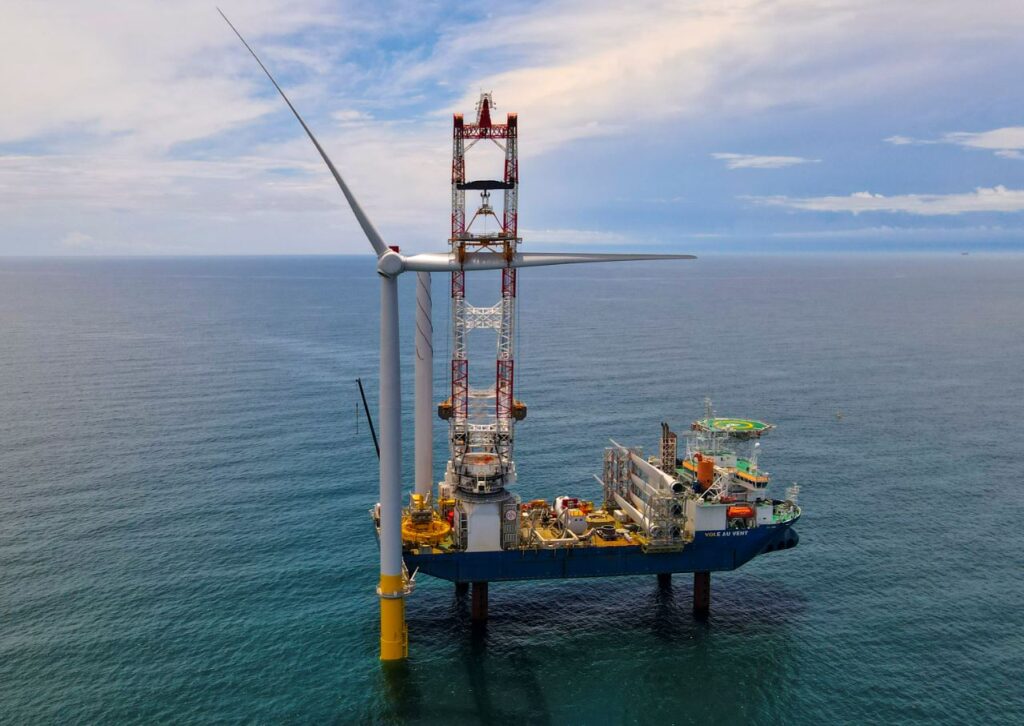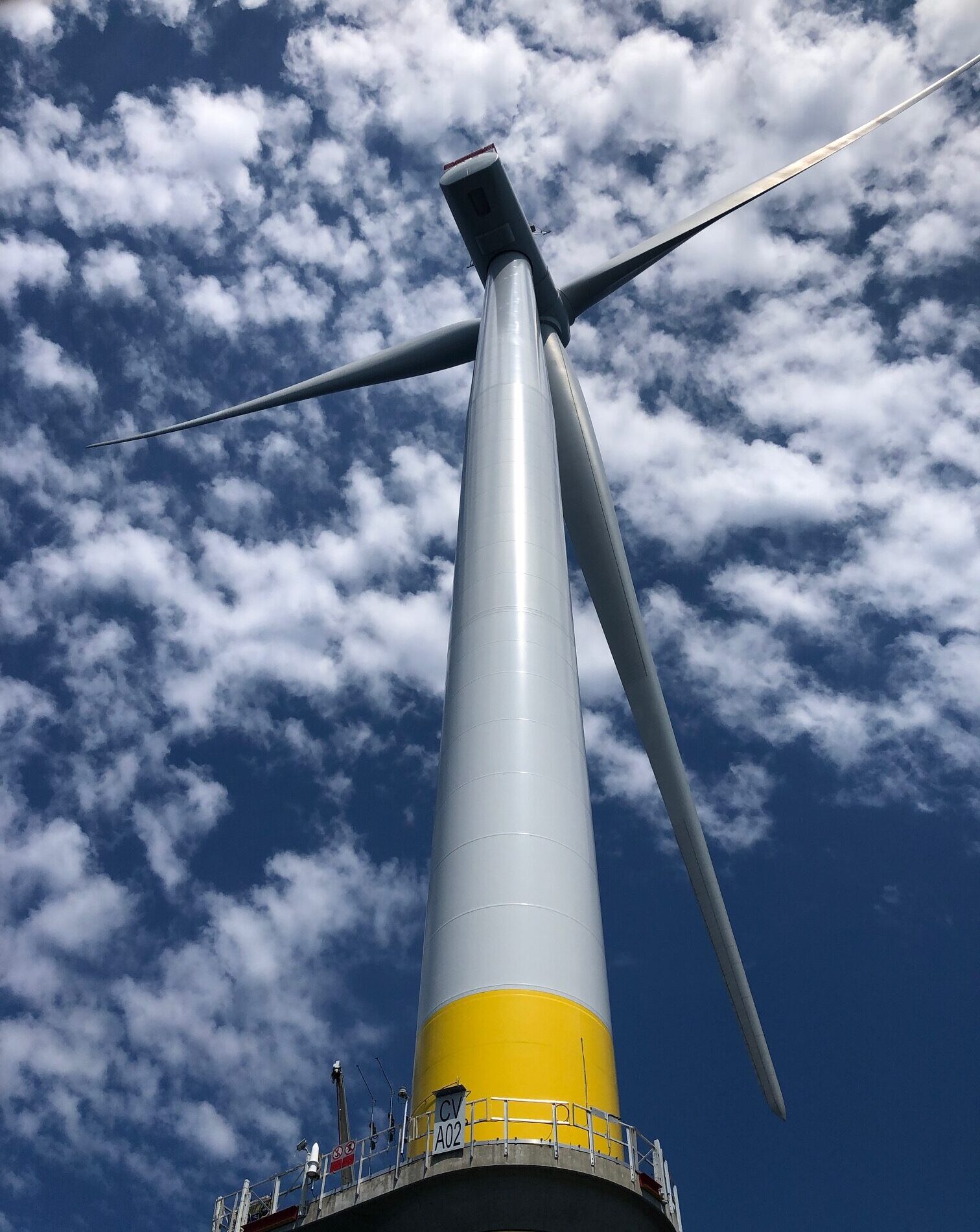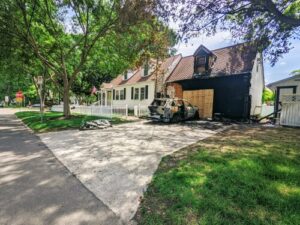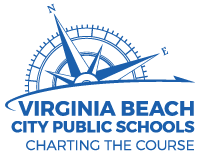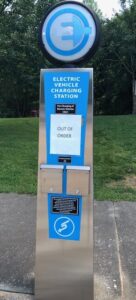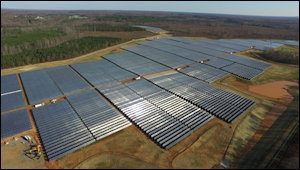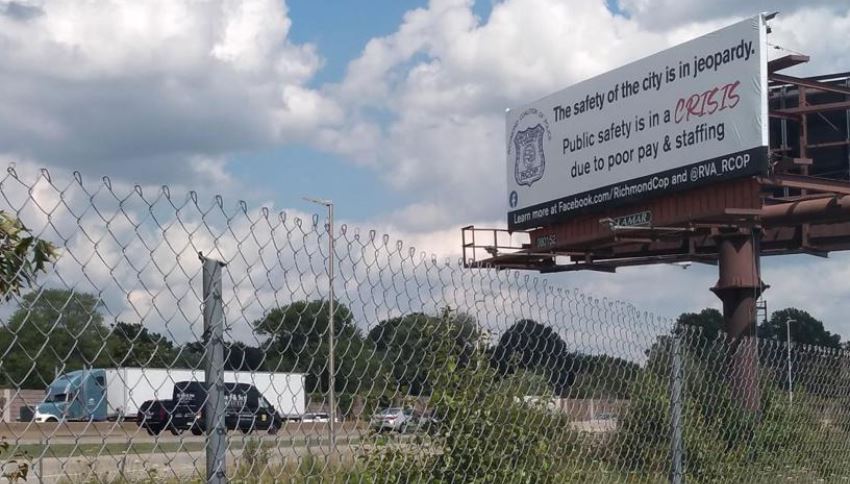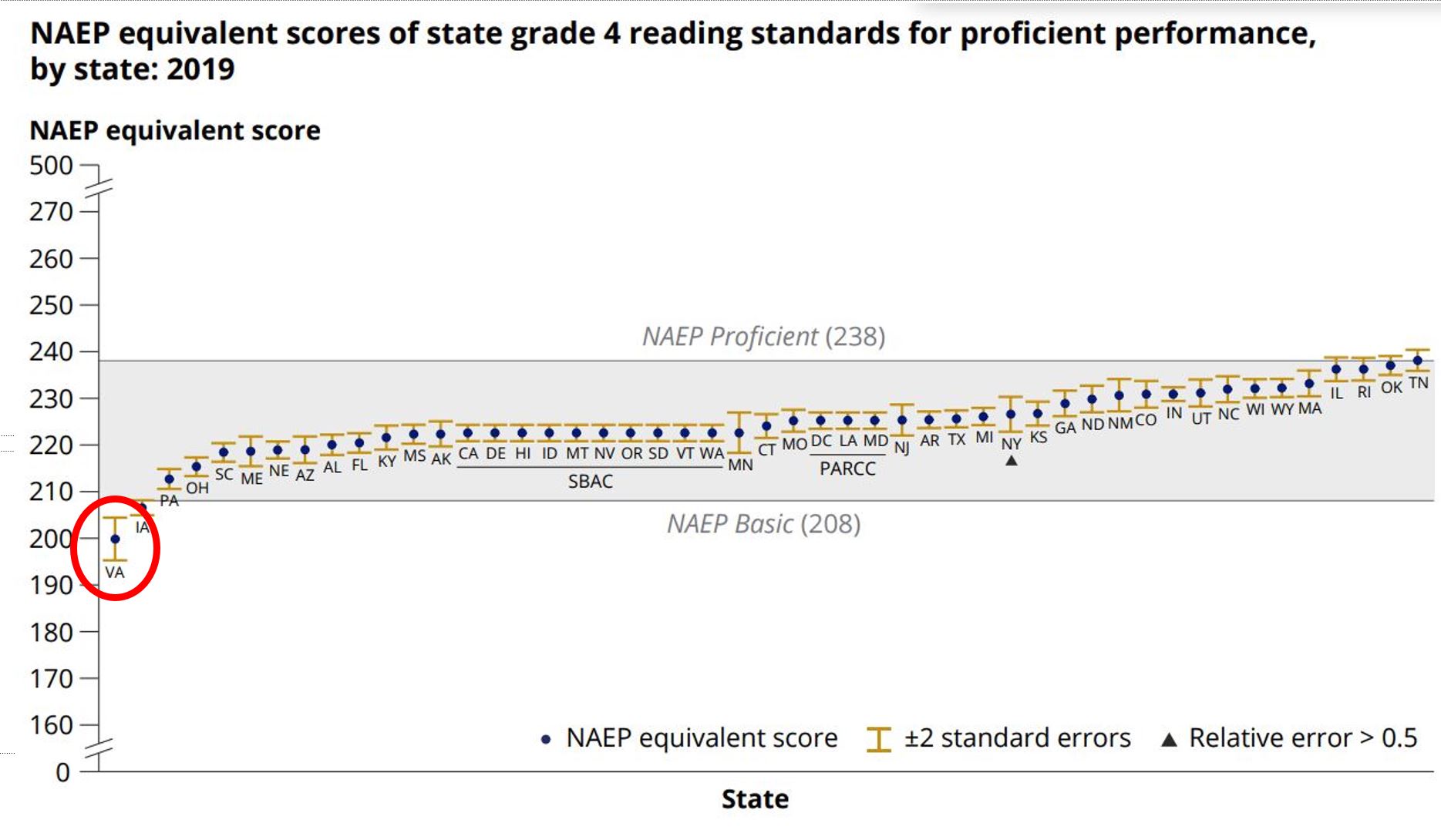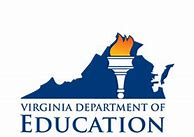 by James C. Sherlock
by James C. Sherlock
I have questions in my own mind about the quality of Virginia public schools.
In search of answers I invested several weeks full time in building into a spreadsheet what I consider some of the critical metrics among both Virginia public schools in general and ten different school districts that I chose.
For each of those districts I recorded data on:
- demographic groups by racial cohort, economically disadvantaged, and English learners;
- school investment;
- chronic absenteeism;
- SOL reading and math performance of each demographic group in each district; and
- Compared them to state averages in each metric.
I chose and paired the ten different school districts (of 133) in an attempt to get a cross section of urban, suburban and rural districts in Northern Virginia, the Richmond area, Southwest Virginia, Hampton Roads and Southern Virginia.
I used the 2018-19 school year, the last year before COVID, to provide a baseline for learning losses and what those schools need to do going forward.
The data reveal enormous problems with the basic building blocks of education. Continue reading

